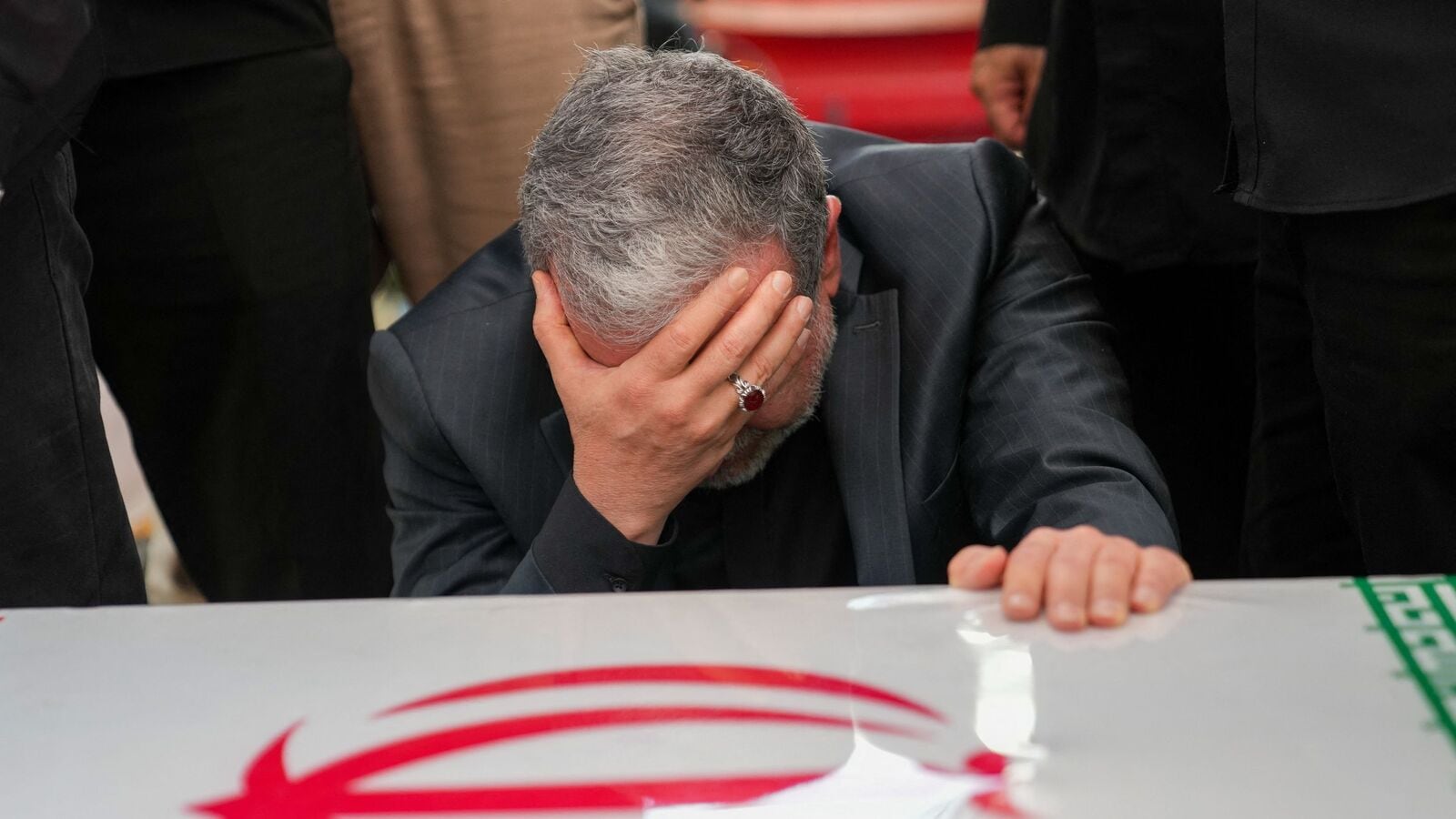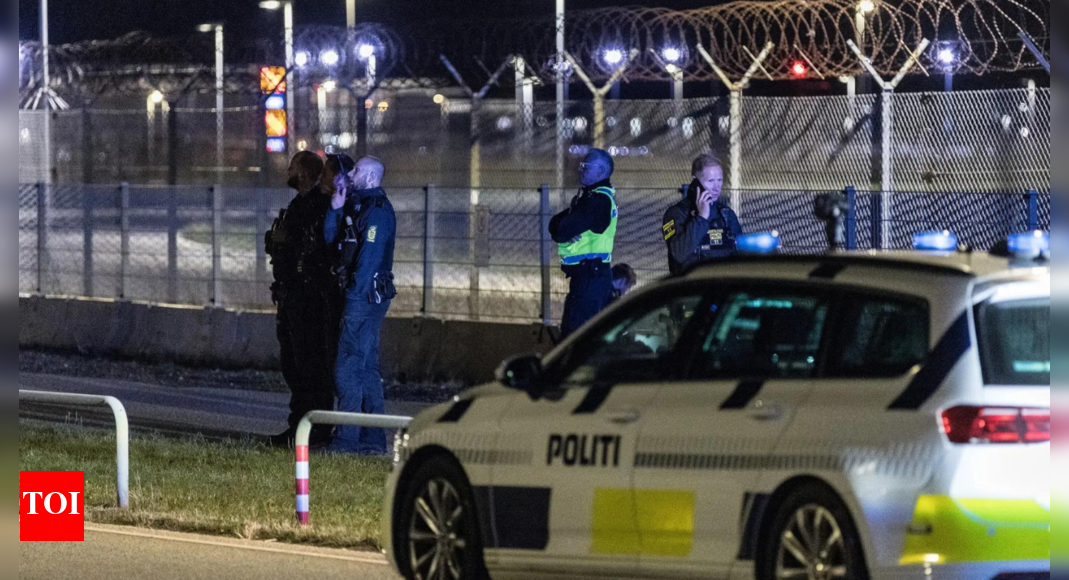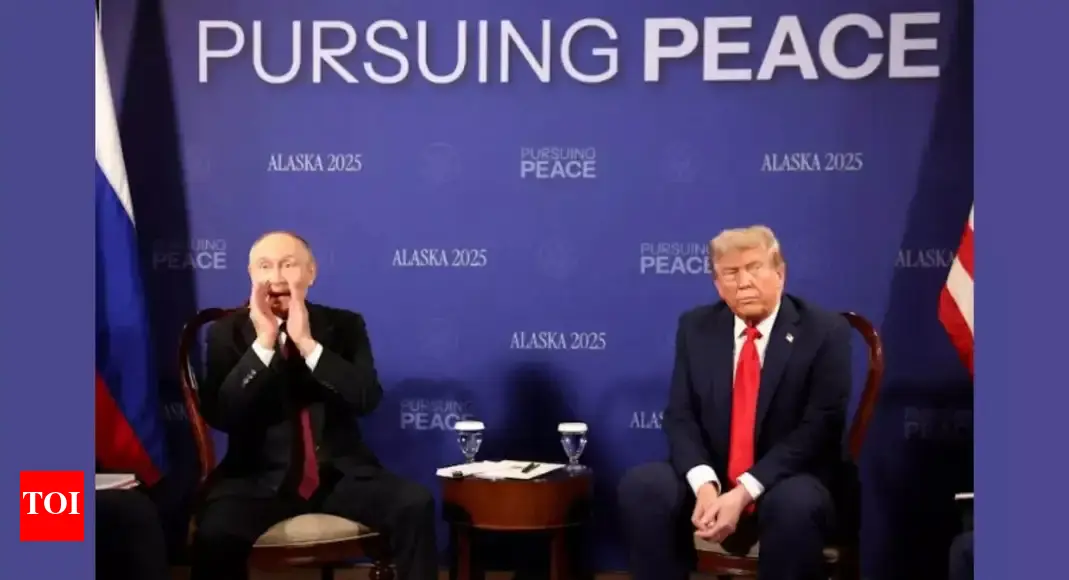Iranian Foreign Minister Abbas Araghchi has said that the US bombing of the Fordow nuclear facility has “seriously and heavily damaged” the facility.
“No one exactly knows what has transpired in Fordow. That being said, what we know so far is that the facilities have been seriously and heavily damaged,” Araghchi said in an interview with CBS News on Tuesday.
He added, “The Atomic Energy Organisation of the Islamic Republic of Iran is currently undertaking evaluation and assessment, the report of which will be submitted to the government.”
The intercepted Iranian messages minimised the scale of harm resulting from the US strikes on Iran’s nuclear programme, according to the Washington Post report, referring to four individuals aware of classified intelligence surfacing within the US administration.
US and Iran
President Donald Trump has said the strikes “completely and totally obliterated” Iran’s nuclear facility, but US officials stated it will take time to get an overall review of the impact caused by the US bombing on 22 June.
The attack hit Isfahan, Natanz and the underground uranium enrichment facility at Fordo under Operation Midnight Hammer, with Iranian media confirming that all three locations were struck on Saturday night. According to the US Joint Chiefs Chairman Dan Caine, seven B-2 stealth bombers flew for 18 hours to deliver 14 GBU-57 bunker-buster bombs, a powerful weapon weighing 13,600 kilograms (30,000 pounds).
Iran was quick to retaliate with missile attacks at the United States’ al-Udeid Air Base in Qatar, the largest American base in West Asia. Qatar said it “successfully intercepted” the missiles and that there were no fatalities.
Later, Trump stated both countries have “wound down and completed their in-progress, final missions”. He asserted it would bring an “Official END” to the war.
Meanwhile, Iranian President Masoud Pezeshkian on Wednesday promulgated a law passed by parliament last month to cease cooperation with the UN nuclear watchdog International Atomic Energy Agency (IAEA), PTI quoted Iranian state media. There is no official remark from the IAEA on it. IAEA, which has its headquarters in Vienna, has overseen Iran’s nuclear programme.




